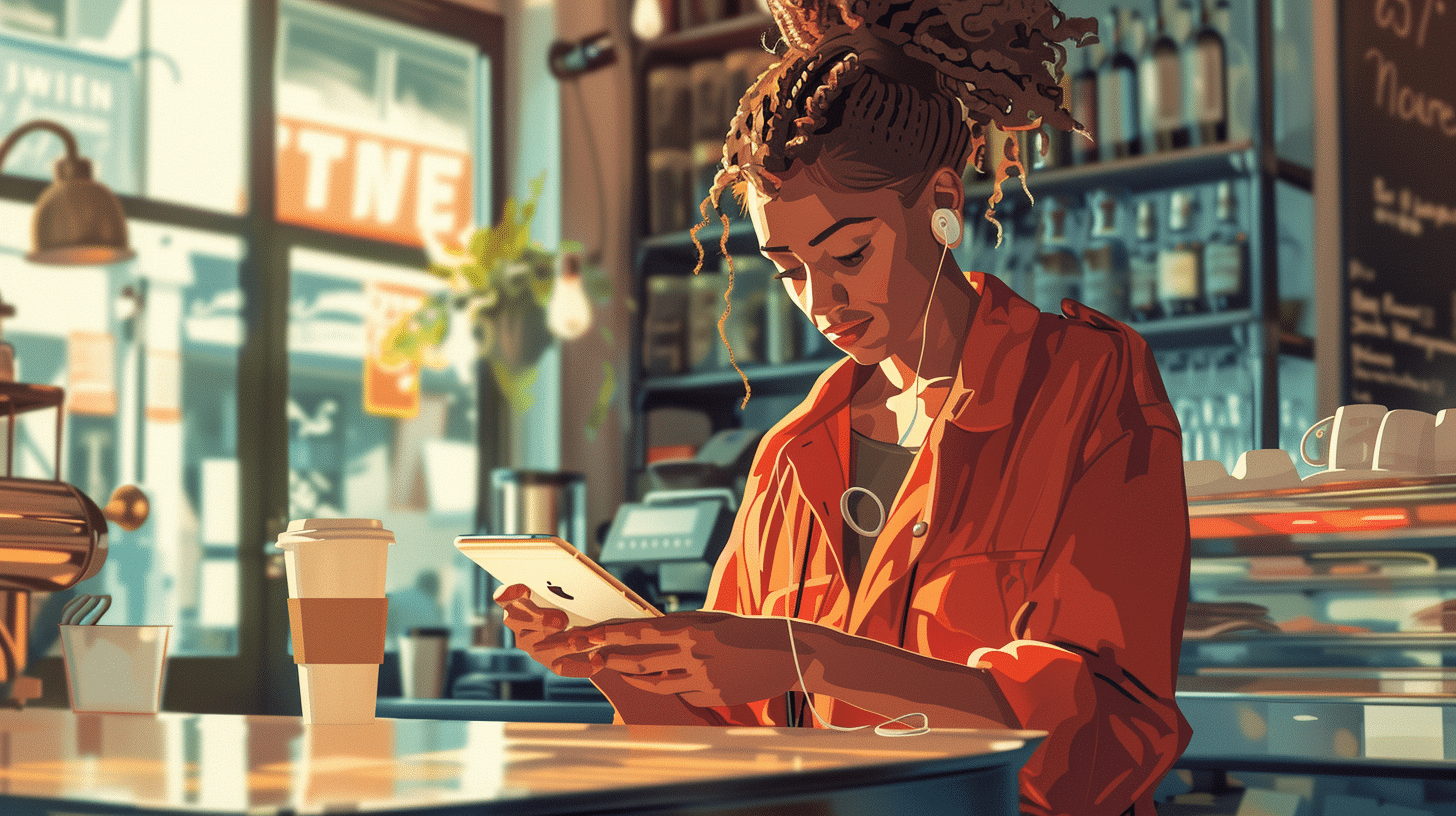Pick a language and start learning!
Agreement with nouns in gender and number Exercises in Belarusian language

Mastering agreement with nouns in gender and number is a fundamental aspect of achieving fluency in the Belarusian language. Belarusian nouns are categorized into three genders: masculine, feminine, and neuter. Each gender has its own set of rules for how adjectives, pronouns, and verbs must agree with the noun in both singular and plural forms. Understanding these rules not only helps in constructing grammatically correct sentences but also enhances the natural flow and clarity of your speech and writing.
In addition to gender, number agreement is equally crucial. Belarusian nouns can be singular or plural, and this distinction affects the form of the adjectives and verbs that accompany them. For instance, the endings of adjectives and verbs change depending on whether the noun they describe is singular or plural. This section provides comprehensive exercises designed to help you practice and internalize these patterns. By consistently working through these exercises, you'll develop a stronger grasp of how to correctly use nouns in various contexts, ensuring more precise and effective communication in Belarusian.
Exercise 1
<p>1. У мяне ёсць *чырвоная* машына (adjective for "car" in feminine form).</p>
<p>2. Мы бачылі *маленькіх* дзяцей на пляжы (adjective for "children" in plural form).</p>
<p>3. Мая сястра купіла *новую* сукенку (adjective for "dress" in feminine form).</p>
<p>4. Ён любіць гуляць у *старым* парку (adjective for "park" in masculine form).</p>
<p>5. Яны знайшлі *вялікага* сабаку ў двары (adjective for "dog" in masculine form).</p>
<p>6. У нас ёсць *дзве* кнігі па гісторыі (number for "books" in plural form).</p>
<p>7. Я бачу *зялёны* сад за домам (adjective for "garden" in masculine form).</p>
<p>8. Яна носіць *жоўтую* спадніцу (adjective for "skirt" in feminine form).</p>
<p>9. У бібліятэцы шмат *старыя* кніг (adjective for "books" in plural form).</p>
<p>10. Мы любім хадзіць у *новы* кінатэатр (adjective for "cinema" in masculine form).</p>
Exercise 2
<p>1. Я *прыгожая* дзяўчына (adjective for beautiful, feminine singular).</p>
<p>2. У мяне ёсць *вялікія* кнігі (adjective for large, plural).</p>
<p>3. Ён купіў *новы* аўтамабіль (adjective for new, masculine singular).</p>
<p>4. Мы бачылі *старыя* дамы (adjective for old, plural).</p>
<p>5. Яна знайшла *чырвоная* сукенка (adjective for red, feminine singular).</p>
<p>6. Гэта *маленькі* дом (adjective for small, masculine singular).</p>
<p>7. Яны любяць *смачныя* садавіна (adjective for tasty, plural).</p>
<p>8. Ён прынёс *тоўстая* кошка (adjective for fat, feminine singular).</p>
<p>9. Мы жывем у *высокі* горадзе (adjective for tall, masculine singular).</p>
<p>10. Яна мае *шырокая* усмешка (adjective for wide, feminine singular).</p>
Exercise 3
<p>1. Я *чытаю* кнігу (verb for reading).</p>
<p>2. Ён купіў новы *аўтамабіль* (noun for a car, masculine).</p>
<p>3. Яна набывае прыгожую *сукенку* (noun for a dress, feminine).</p>
<p>4. Мы бачылі вялікіх *сланоў* у заапарку (noun for elephants, plural).</p>
<p>5. Сабака *бяжыць* па парку (verb for running).</p>
<p>6. Яны знайшлі стары *дом* у лесе (noun for a house, masculine).</p>
<p>7. У нас ёсць свежыя *кветкі* на стале (noun for flowers, plural).</p>
<p>8. Маці прыгатавала смачную *вячэру* (noun for dinner, feminine).</p>
<p>9. Дзеці гуляюць з новымі *цацкамі* (noun for toys, plural).</p>
<p>10. Гэты фільм вельмі *цікавы* (adjective for interesting, masculine).</p>







